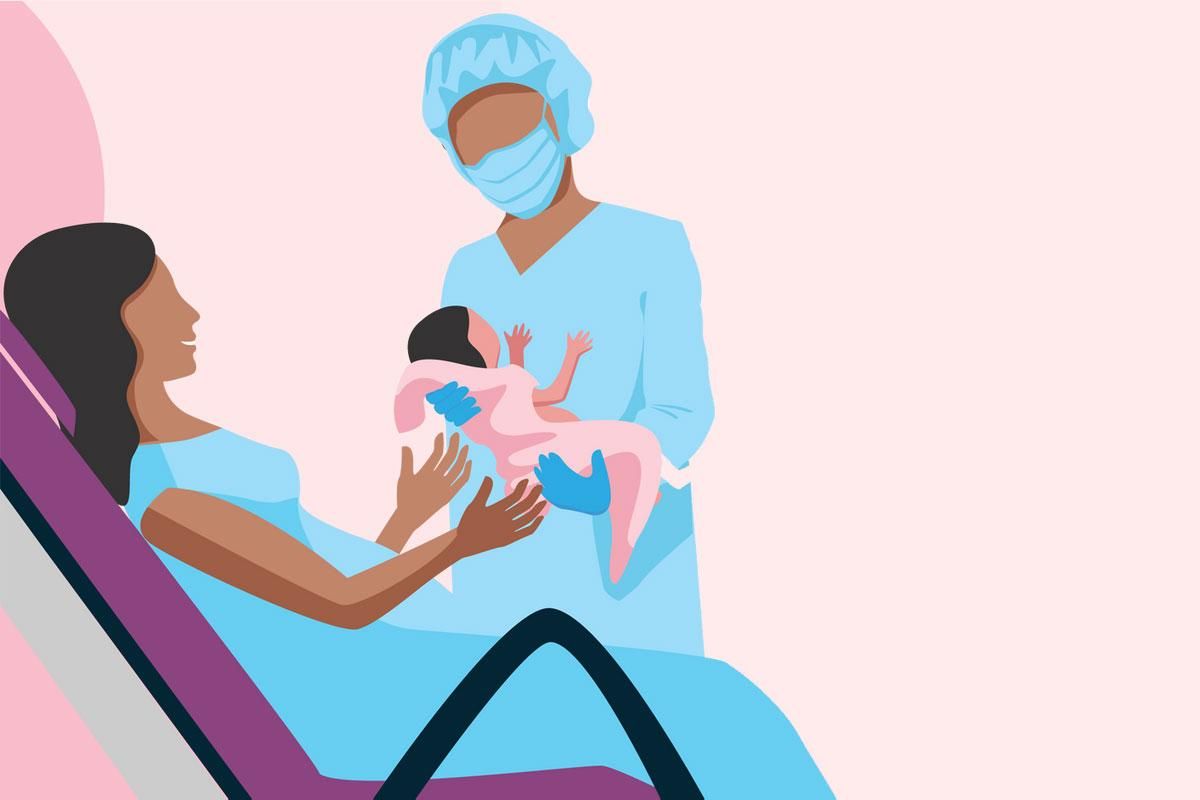Preterm or premature birth means childbirth before the 37th week of pregnancy.
10.5% of babies in the U.S. are born preterm.
Around 384,000 babies were born preterm in 2021
The earlier in pregnancy a baby is born, the more likely they are to have health problems.
Babies born before 34 weeks of pregnancy are most likely to have health problems
Babies born before 34 and 37 weeks of pregnancy are also at increased risk for prematurity-related health problems.
U.S. annual preterm birth rates have increased from 10.1% to 10.5%:
- 45 states, Washington, D.C., and Puerto Rico had an increase.
- 9 states and Puerto Rico had an increase greater than 11.5%
- 1 state had a drop
The biggest risks for preterm birth are:
- Having had a previous preterm birth
- Being pregnant with multiples
- Having problems with your uterus or cervix
Talk to your healthcare provider about other risk factors, including smoking, drinking and substance use, that might affect you.
Some women have no risk factors and still deliver preterm.
Race impacts risk
Black and American Indian/Alaska Native women are 62% more likely to give birth preterm than white women.
- 2019-2021 preterm birth rates
- Black 14.4%
- American Indian/Alaska Native 11.8%
- Hispanic 10.0%
- White 9.3%
- Asian/Pacific Islanders 9.0%
Location impacts risk
Overall, the U.S. received a “D+” grade on the 2022 March of Dimes Report Card , but prematurity varied widely by state:
- Vermont was the only state to receive an “A” grade in 2021
- “F” grades were earned by a cluster of states in the southeastern U.S. — Alabama, Mississippi, Louisiana, Arkansas, Georgia and South Carolina — plus Oklahoma, West Virginia and Puerto Rico.
Preterm babies are at increased risk for long-term health problems , such as:
- Physical or intellectual disabilities
- Chronic lung disease
- Blindness
- Hearing loss
- Neurological issues
- Digestive disorders
- Cardiac problems
Prematurity/low birth weight is a leading cause of death for U.S. infants.
Take steps to learn more about preterm birth if you’re pregnant
- Find a prenatal care provider
- Ask your prenatal care provider how to have a healthy pregnancy
- Recognize the signs and symptoms of preterm labor
- Call your healthcare provider right away or go to the hospital if symptoms appear
This resource was created with support from Covis.
Data adapted from the March of Dimes 2022 report card.


